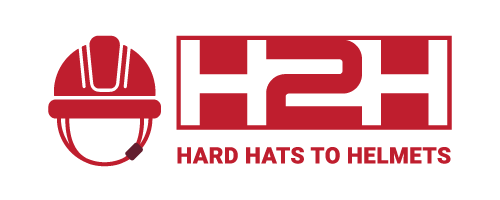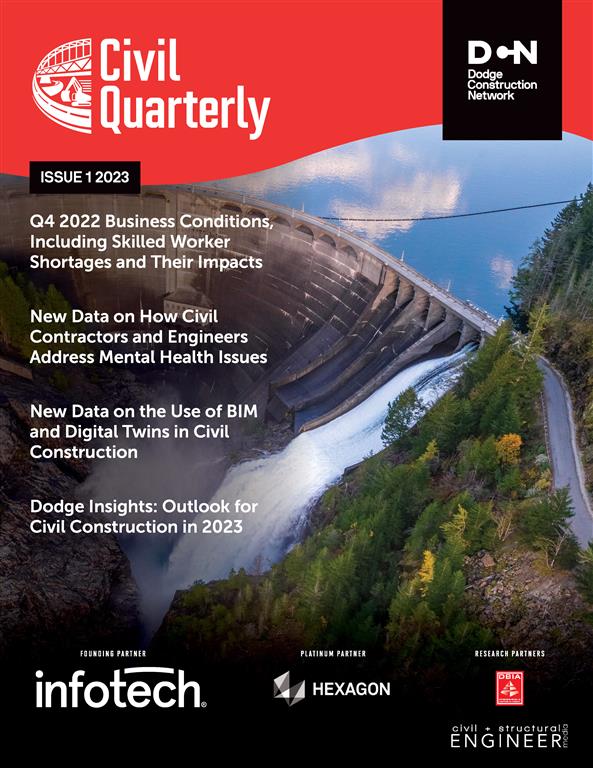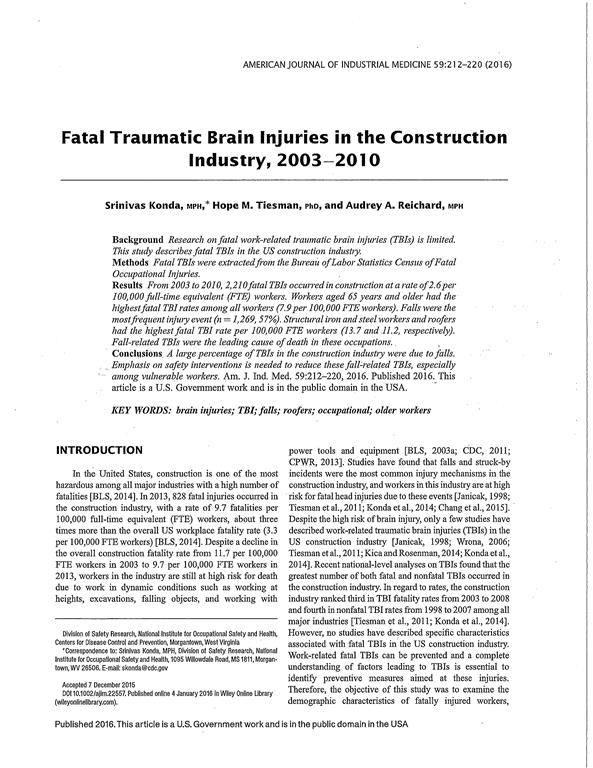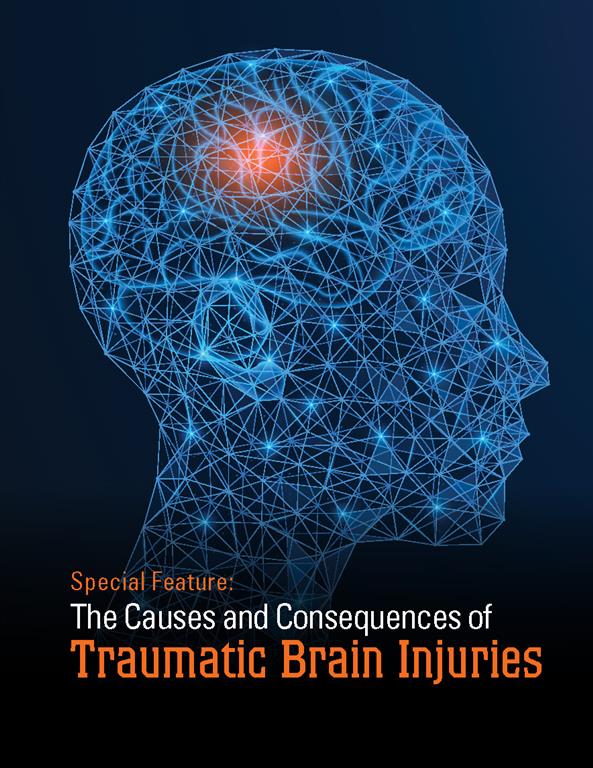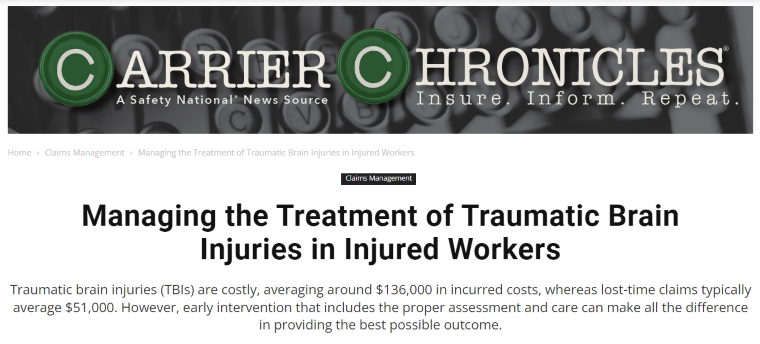Traumatic Brain Injuries & Mental Health
New Data on How Civil Contractors and Engineers Address Mental Health Issues
Overdoses killed 163 of every 100,000 people who usually worked in construction and extraction in 2020, whether they were on the job or not, making it by far the most dangerous major occupation, drug-wise.
The depressing relationship between your job and your odds of drug overdose
Overdoses killed 163 of every 100,000 people who usually worked in construction and extraction in 2020, whether they were on the job or not, making it by far the most dangerous major occupation, drug-wise.
Head Injury Links and Related Information
Mental Health
CPWR & OSHA (Sept 2022)
Fatal Traumatic Brain Injuries in the Construction Industry | American Journal of Industrial Medicine
Research on fatal work-related traumatic brain injuries (TBIs) is limited. This study describes fatal TBIs in the US construction industry.
The Causes and Consequences of Traumatic Brain Injuries
Awareness surrounding traumatic brain injuries (TBIs) and chronic traumatic encephalopathy (CTE) has grown over the last decade. Dr. John S. Gaal, a longtime construction educator, and Cal Beyer, a management consultant in the construction risk/insurance industry, explain that construction workers are among the employees at higher risk for these conditions and, therefore, employee benefit funds, apprenticeship funds and employers should be aware of the risks and implications. Gaal and Beyer interviewed a panel of experts on TBIs and CTE, and their responses are reflected in this article.
Managing the Treatment of Traumatic Brain Injuries in Injured Workers
Traumatic brain injuries (TBIs) are costly, averaging around $136,000 in incurred costs, whereas lost-time claims typically average $51,000. However, early intervention that includes the proper assessment and care can make all the difference in providing the best possible outcome.
Mental Health Resources
GENERAL
Addictionary
Language matters when using SUD terminology
Cost Calculator MH
NSC: Employer/Employee (Mental Health)
Cost Calculator SUD
NSC: Employer/Employee (Substance Use Disorder)
IFEBP
Top trends in apprenticeship survey results (2022)
AGENCIES, etc.
NAMI:
National Alliance on Mental Illness
AFSP:
American Foundation for Suicide Prevention
NWI:
National Wellness Institute
LAP:
Labor Assistance Professionals
MIMH:
Missouri Institute of Mental Health
Healthier Workforce Center:
Education and resources to promote worker well-being
Prevent+Ed:
Offers youth and adult OUD/SUD prevention & intervention programs (STL)
Places for People:
Helps people find a path to physical/mental healing (STL)
ARCHway Institute:
Peer support, safe houses, etc. for those in OUD recovery
ARCA:
Assisted Recovery Centers of America (MAT-OP)
Shatterproof:
Addiction prevention, treatment, harm reduction, etc.
MoNetwork:
Provides outreach, treatment, education, and legislation advocacy for those w/ SUD (STL)
GUIDES & WORK GROUPS
Workplace Guidelines to Prevent Opioid and Substance Abuse for the construction trades:
HWC & Washington University
MO-ROTA:
Missouri – Rural Opioids Technical Assistance
MO-RFW:
Missouri – Recovery Friendly Workplaces
University of Missouri ECHO:
Extension for Community Care Outcomes
CIASP:
Construction Industry Alliance for Suicide Prevention
CFSTL:
Construction Forum St. Louis MH/COVID resources (videos)
ISO 45003:
Guidelines for psychosocial risks in the workplace
AGC-MO / You OK?:
Associated General Contractors of Missouri – Suicide Prevention Task Force
Missouri Works Initiative:
Worker Wellness weekly blog
US-DOL’s OSHA:
Resource list, etc.
US DOL’s 29CFR30:
Promotes and ensures apprentices and applicants equal opportunity
RELATED TRAININGS
QPR:
Suicide prevention training
MHFA:
Mental Health First Aid
CWM:
Construction Working Minds suicide prevention training
CHW:
Community Health Worker training (MO)
CHW-MH:
Community Health Worker (mental health add-on) training
Psychological First Aid:
Addressing the immediate needs of those in emergency situations
Science of Happiness @ Work:
3 online courses on how to boost engagement, etc. in the workplace
AgriSafe:
Agricultural health and safety training
St. Louis County Library:
YouTube channel w/ various MHA webinars
PEER SUPPORT
MATES:
Suicide prevention and support in construction (AU)
MATES in Mind:
Promotes positive mental well-being in the workplace (UK)
Man Therapy:
Exploring men’s Mental Health issues
Peer Allies at Work:
Regular (trained) people connecting with co-workers
Missouri CPS:
Certified peer specialist training
LEAN:
Laborers Escaping Addiction Now
APPS
Sober Grid:
Cell phone app that provides OUD/SUD assistance to union members, etc.
Headversity:
Cell phone app that provides Mental Health assistance to union members, etc.
TogetherAll:
Cell phone app that provides Mental Health assistance to college students, etc.
MILITARY
PsychArmor:
Online service that provides peer support assistance for Vets
Object Zero:
Cell phone app that provides peer support assistance for Vets
Project Enlist:
CLF’s research on military-related PTSD/CTE/Suicide issues
JUSTICE INVOLVED
JCOIN:
Justice community opioids innovation network
Justice Clearinghouse:
Assists criminal justice professionals stay abreast of trends via best practices, research, etc.
OTHER SUBSTANCES
CONCUSSIONS, etc.
Head injuries & CTE:
Degenerative brain disease in former athletes and military
Addressing head injuries at work:
Impact of TBIs & CTE in the workplace
TBIs in construction:
LiUNA on concussions
